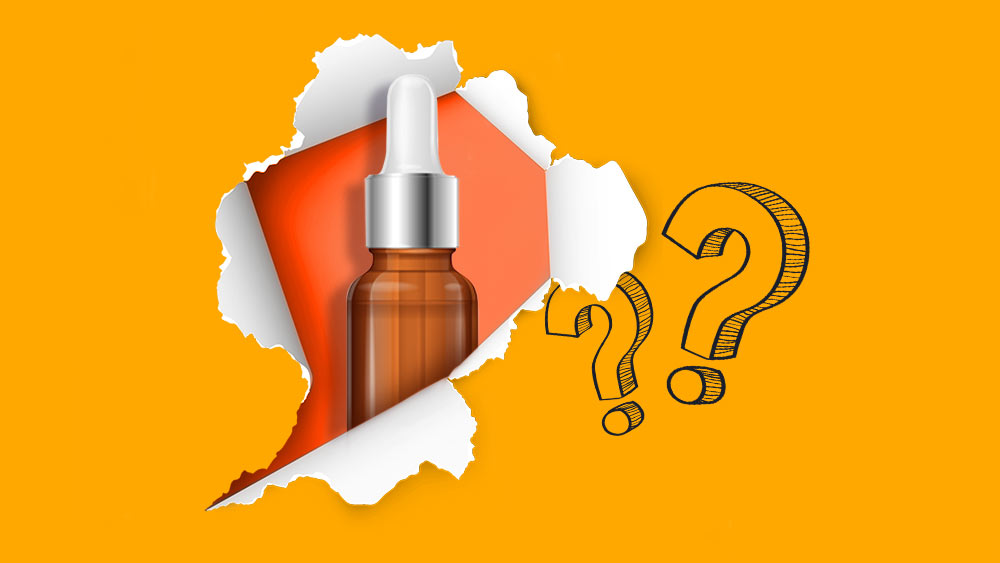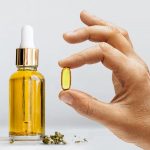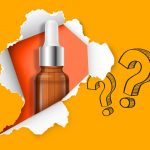This topic can be viewed as a somewhat confusing one, mainly because there are two main sources of CBD, which is later on used to make CBD oil. They themselves are likely to appear very similar to someone who isn’t particularly familiar with the world of cannabis.
In order to make things simpler, first we’re quickly going to cover these two sources of CBD.
Cannabidiol (CBD) can be extracted either from hemp, or from cannabis.
Hemp is a subspecies of cannabis, which is naturally rich in CBD, and very low in THC (usually has around 0.3% THC).
The 2018 Hemp Farm Bill removed this plant from the controlled substance list, which allowed hemp-derived CBD oil to become a federally-traded commodity.
Cannabis (also known as marijuana, which is a derogatory term) is a plant quite potent in THC, and generally low in CBD. It remains federally illegal to this day (it’s a schedule I substance), although a large number of states legalized cannabis either for medicinal, or for both medicinal and recreational use.
Differences Between Types of CBD Oil
Even though CBD molecules are identical no matter if they’re extracted from hemp or from cannabis, there are significant differences between various types of CBD oil.
We’re first going to cover the two main types of hemp-derived CBD oil, and later on acquaint ourselves with CBD oil derived from cannabis.
Broad-spectrum CBD Oil (Hemp-derived)
Broad spectrum formulations can contain only less than 0.3% THC by law, which makes them commercially available across the US.
Such oils also contain various terpenes and minor cannabinoids from hemp, whose presence is suspected to increase the beneficial effects of CBD oil. This synergistic cooperation is commonly referred to as the entourage effect.
Broad spectrum oils can hardly produce any psychoactive effect since they contain THC in very miniscule amounts (it’s only possible if these oils are taken in very large doses).
Finally, broad-spectrum oils can potentially jeopardize a drug testing for THC, but since they contain THC only in trace amounts, the user would have to consume large quantities of CBD oil in order for this to happen.
Oil with Isolated CBD (Hemp-derived)
Oils with isolated CBD molecules don’t contain any THC, and the various terpenes and minor cannabinoids have also been removed from such formulations.
Since THC and other constituents of the hemp plant have been excluded from these types of oil, they do not produce the cooperative entourage effect.
Using these oils cannot result in a high (since no THC is present), and they also can’t be responsible for a failed drug screening.
Isolated CBD oils are available for purchase across the United States.
Full-spectrum CBD Oil (Cannabis-derived)
Full spectrum oils by default contain large quantities of THC (usually over 5%), and are therefore available only in states with a medicinal/recreational cannabis program.
Such oils also contain various terpenes and minor cannabinoids, which makes the entourage effect possible.
These formulations are more than capable of producing a psychoactive effect commonly referred to as “the high”, and since THC is present in large amounts there is a definite risk of failing a drug test.








